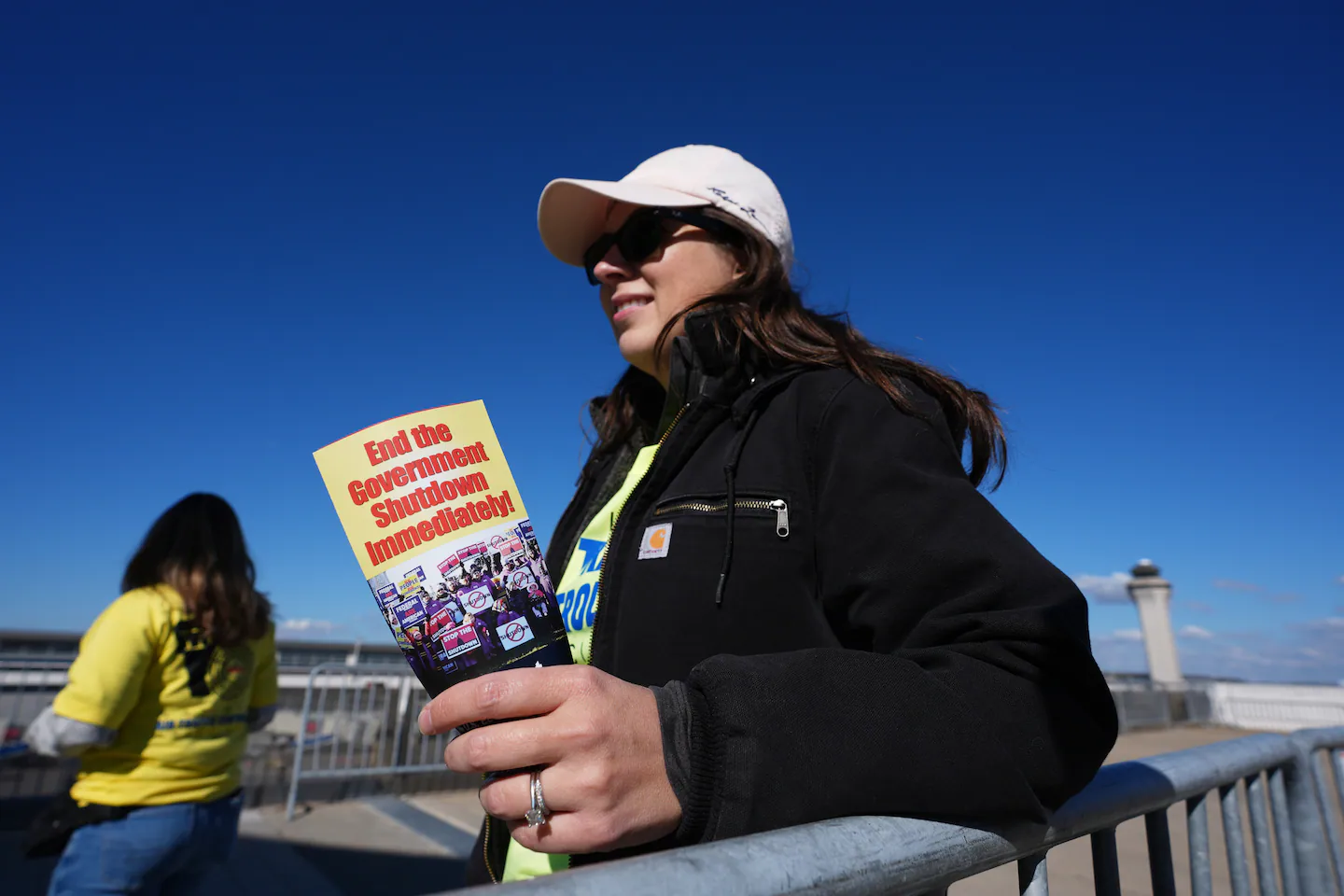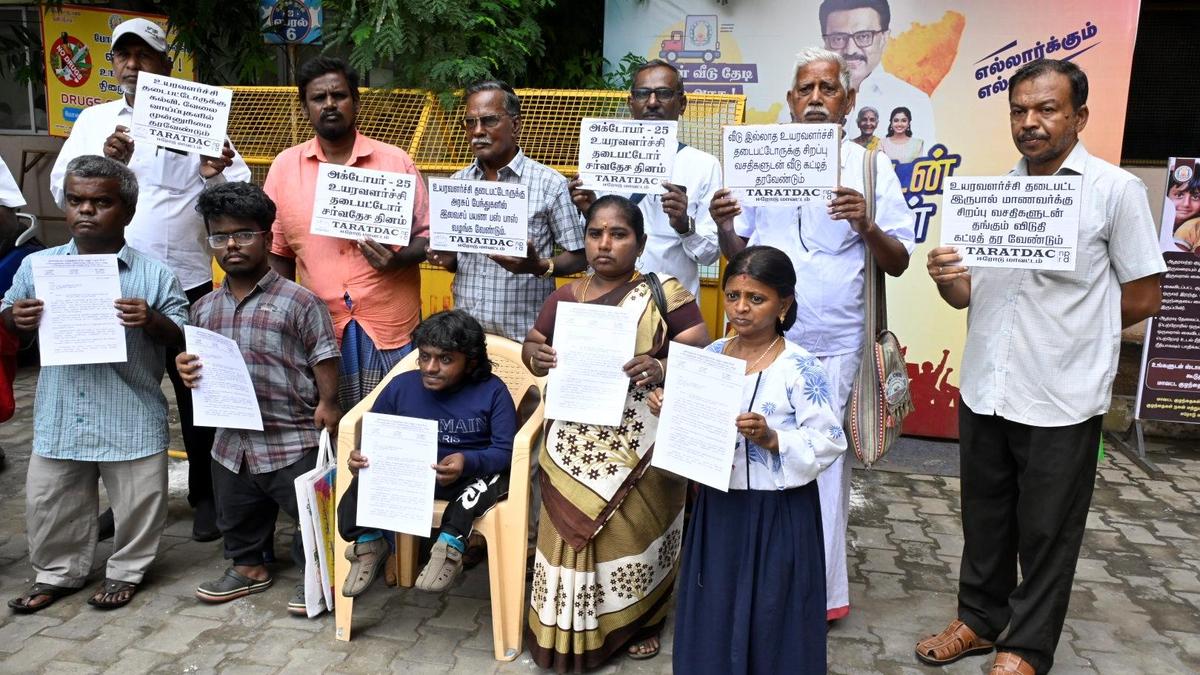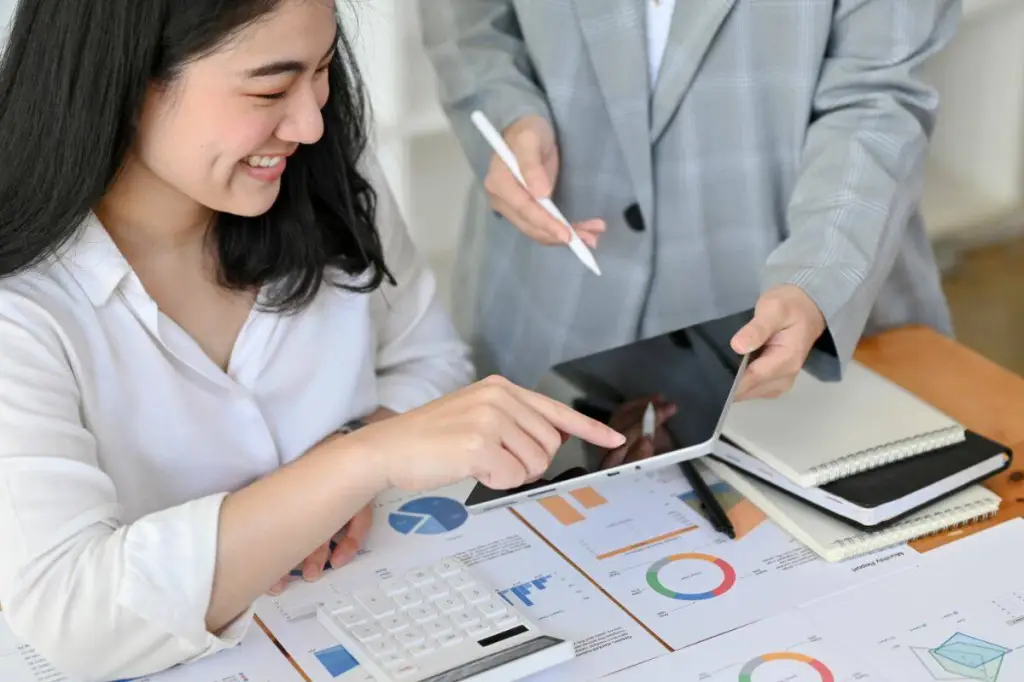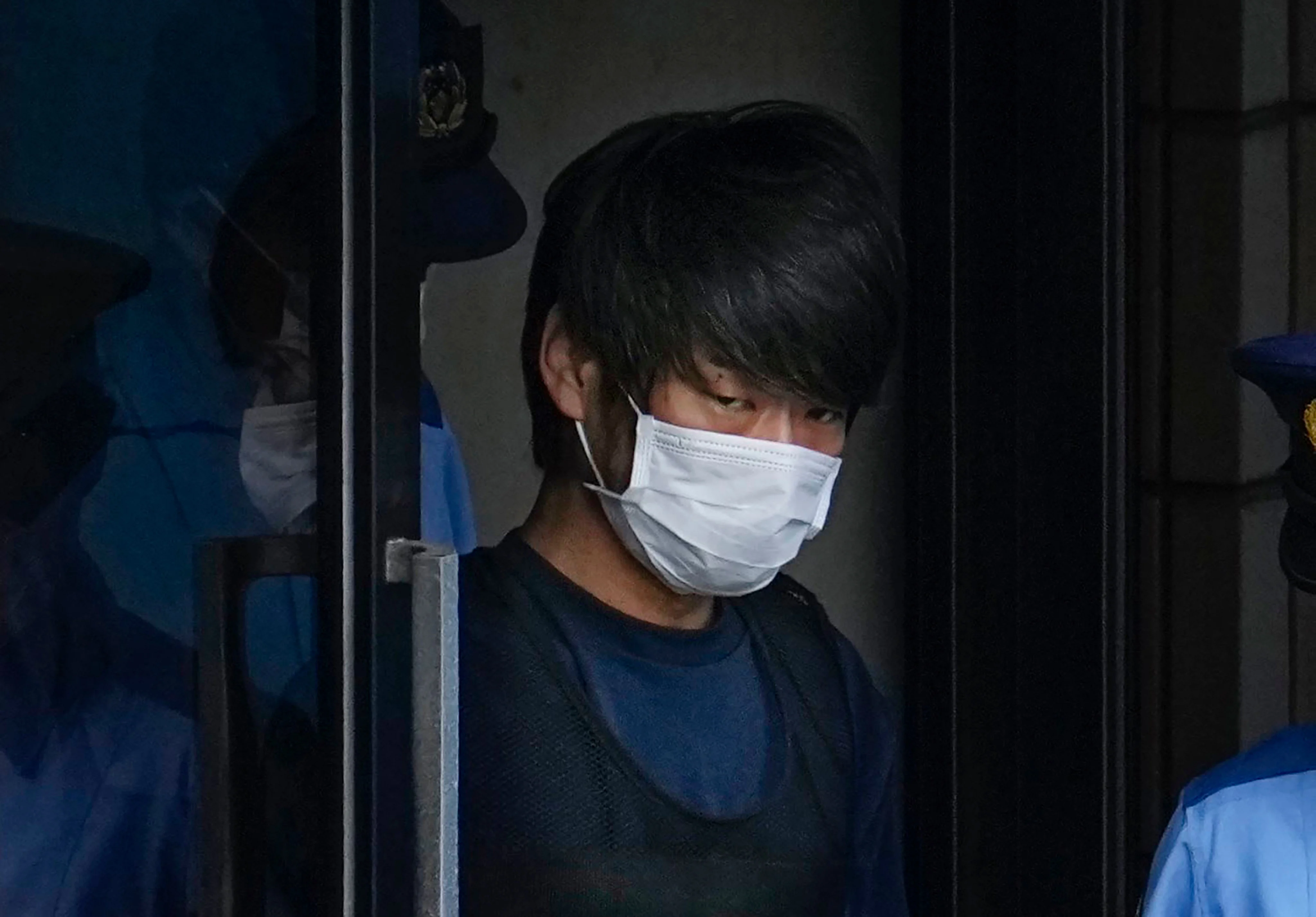Copyright metro
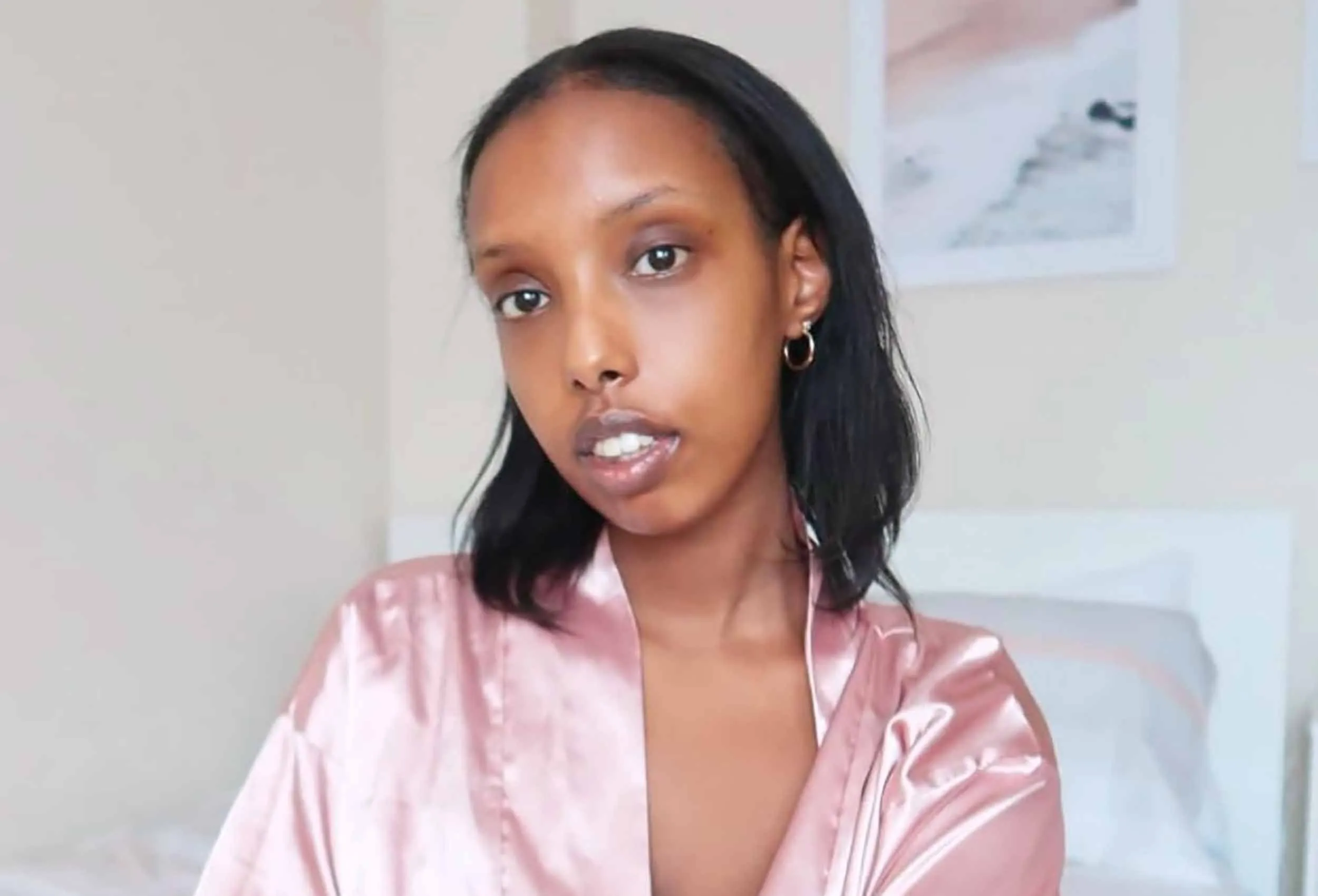
I want to be seen, heard and treated, explains Dahaba (Picture: Dahaba Ali Hussen) ‘Well, you’re not going to bleed to death, are you?’ the doctor in A&E said to me. I was dumbfounded. Earlier that day, doubled over in unimaginable pain, I had decided to finally attend A&E. This was a really difficult decision to make, because I was afraid of not being listened to. I gripped the plastic seat as I tried to even out my voice, before I responded: ‘Are you even going to examine me?’, gesturing towards my bloated stomach. ‘You’ll have to wait to be referred for a scan by your GP,’ the doctor responded. I was sent home without being fully examined. I didn’t have any blood tests done, or even get my blood pressure read. It seemed like as soon as the doctor determined it was a women’s health issue, he told me I would need a gynaecologist, and that was that. It wasn’t worth investigating. My pain did not matter. My symptoms started in March this year. Before that, I’d wake up at 5am and have early morning exercise sessions followed by a high-protein meal and a productive work block. But since spring, I had barely been able to get out of bed, experiencing various horrible symptoms like extreme fatigue and painful bloating, to the point where my jeans no longer fit. I was sleeping around 14 hours a day and in non-stop pain (Picture: Dahaba Ali Hussen) Everything came to a head in September after a friend’s wedding in France. When my fiancé and I arrived back in the UK, I could barely climb the stairs to our flat. I felt broken. I went to the GP, and they sent me for a whole bunch of blood tests which came back inconclusive so I decided to call the GP again and ask for help. At this point, I was sleeping around 14 hours a day and in non-stop pain. Sadly, the GP was dismissive, asking me what more I wanted to happen? I was confused and upset. I want to be seen, heard and treated. I went for that first A&E visit a week later, when my symptoms worsened and I couldn’t stand to be in pain any longer. After I was dismissed from the hospital without being examined, I felt hopeless. With my white male partner there, the doctor was more sympathetic to my case (Picture: Dahaba Ali Hussen) Later that week, my symptoms and distended stomach had worsened considerably, so my fiancé and I took a second trip to A&E (he hadn’t been able to come with me the first time because he’d been working outside of London). The difference was astounding. With my white male partner there, corroborating what I was saying, the doctor felt more receptive and was even more sympathetic to my case as my fiancé spoke for me. Things like emergency blood tests were actually done. I was still told to wait for a gynaecological scan. In the meantime, I had to live with my symptoms and reduced quality of life. I spent weeks living with extreme symptoms like nausea and no word from my doctors about my scan. That, coupled with a downward turn in my mental health where I felt increasingly low and apathetic, made me come to the decision to seek private healthcare. It has long been documented that Black women’s health is under-researched and that our symptoms can be treated less seriously than our white counterparts (Picture: Dahaba Ali Hussen) I needed answers and I needed them quickly. Thankfully, I was in the fortunate position where I was able to pay for private healthcare and within a week I had a diagnosis, an issue with my uterus, and a treatment plan. The doctors who finally diagnosed me felt like they were in less of a rush. They made me feel like I was actually being listened to. Finally I was able to have an actual conversation with a doctor where I could voice my health concerns. I was in a space where my worries were received and heard. Within a couple of weeks, I felt dramatically better. I could feel my mood changing as my physical symptoms started to dissipate and then disappear. I slowly went back to work and started feeling more like myself. I had the means to afford private healthcare, but many women cannot. We shouldn’t have to pay to be heard. No Black woman should have to prove her pain just to receive care (Picture: Dahaba Ali Hussen) It has long been documented that Black women’s health is under-researched and that our symptoms can be treated less seriously than our white counterparts. Studies suggest stark inequalities in diagnosis, treatment and aftercare. As a Black woman, I think a lot about how I present – that is, how others perceive me in certain situations based on how I dress and act. Often when I go for GP appointments, I’m unwell and in a tracksuit. That, coupled with my gender and race, makes me wonder whether healthcare professionals will take my pain seriously. I definitely don’t think they took it seriously on this occasion. While I’m thankful to have my long-awaited diagnosis, my experience in not being believed was fraught and upsetting. I do believe awareness of racial bias in the medical field is growing, with calls for greater representation in medical textbooks, for example. But I don’t think this is enough: we need more acknowledgement from authorities of discrimination and prejudice, and we need to take action to tackle it. At the end of the day, there needs to be better education about biases, representation and empathy in women’s healthcare – because no woman should have to fight to be believed. And no Black woman should have to prove her pain just to receive care. Let alone bring in a white man to back them up. Do you have a story you’d like to share? Get in touch by emailing Ross.Mccafferty@metro.co.uk. Share your views in the comments below.
